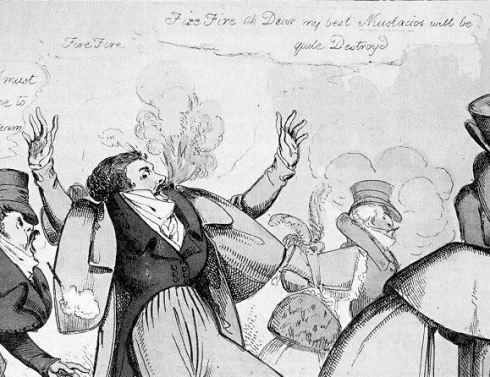You are currently browsing the tag archive for the ‘smoking’ tag.
CGAP is the World Bank’s (not-quite-so-)arm’s-length sub-organisation whose role is to promote microfinance. CGAP (“see-gap“) once stood for “Consultative Group to Assist the Poorest“, now it officially stands for “Consultative Group to Assist the Poor”. Actually, if nomen were to be omen, it should probably stand for “Consultative Group to assist (those who lend to) the Poor (and not-so poor)”.
So many functions … but can it cut? Image: Slartibartfass (CC BY-SA 3.0)
I don’t expect CGAP to function as an independent evaluator of microfinance. What I do expect is that CGAP publications have minimum standards of research quality and logic.
The most recent CGAP report, entitled “Latest Findings from Randomized Evaluations of Microfinance” (Bauchet et. al.), however, is appalling on both counts. Nearly everything about this report is problematic. It is racked by wishful thinking – to paraphrase: “we may not have evidence that microfinance does what it was supposed to, but we still believe it works” – and it has a disturbing feel about it, which derives from: (1) what the authors have left out, and (2) the heavy tension between concern for the poor and patronising them.


![Giant_Knife_1[1]](https://governancexborders.files.wordpress.com/2011/12/giant_knife_11.jpg?w=490)

